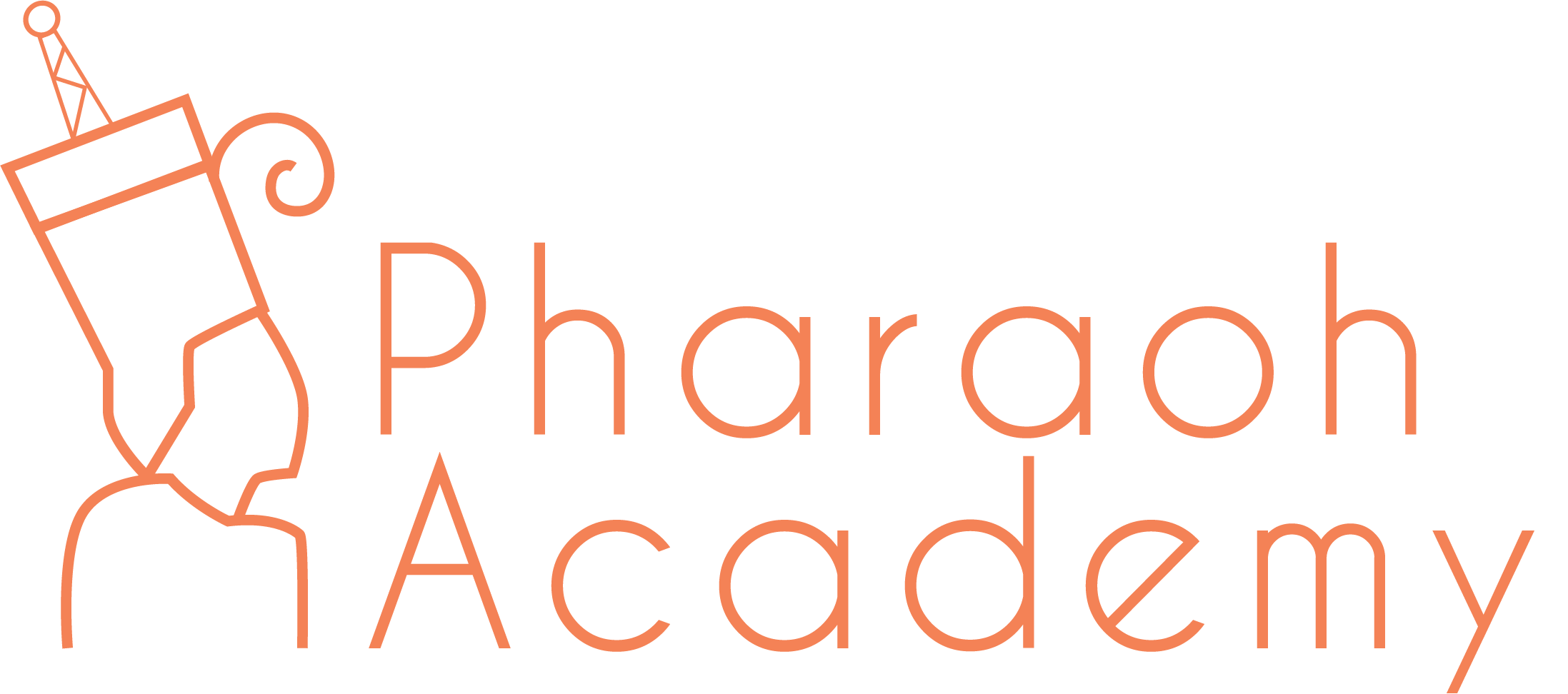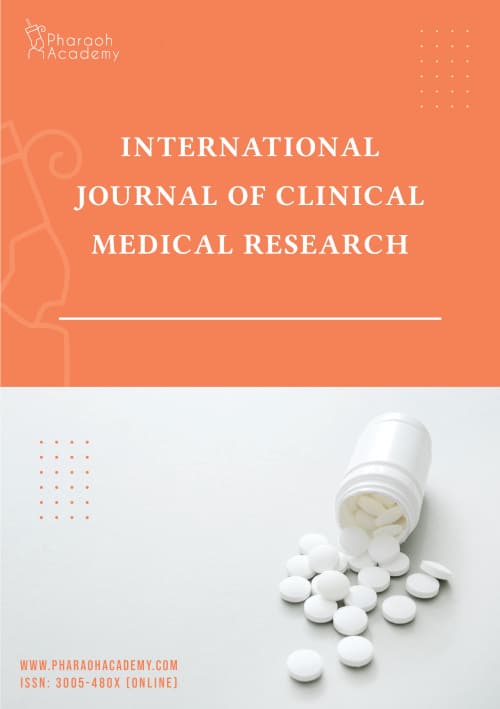Compliance, Public Knowledge, Perceptions, and Attitude of Egyptians people Towards COVID‑19: A cross-sectional study
Abstract
Background:
The world is facing a terrible challenge to overcome the COVID-19 global outbreak. The spread of COVID-19 pandemic disease has put global health, life and work style, social and economic growth at high risk. The current study was aimed at extracting COVID-19 related information, attitudes and behaviors commitment level from the general population and healthcare workers in the central region of Egypt.
Method:
A cross-sectional online survey of 1312 Egyptian residents was conducted between 11th May and 15th June 2020. A questionnaire containing 28 knowledge and 56 attitude items was completed by all the participants. Stratified random sampling was applied to select the study participants. In this analysis, data was collected using a questionnaire that was developed and validated. The questionnaire included demographic variables and items relating to COVID-19 awareness, attitudes and practices. Descriptive and inferential experiments were carried out.
Results:
In total, 1312 participants completed the questionnaire; 80.2% of the participants have good knowledge about different modes of transmission of COVID-19, 5.6% obtain their knowledge from WHO website and 60.5% from multiple sources. The results showed positive attitude from the participants towards COVID-19 protective measures as 81.0% wearing masks, 85.2% washing their hands, 76.6% using alcohol and hand gel hygiene, and 64.5% using surface disinfectants.
Conclusion:
The findings highlight the value of clear communications from health authorities and the government, as well as the need for targeted health education programs to promote awareness, behaviors and practice levels.
Share and Cite
Article Metrics
References
- J. Shigemura, R. J. Ursano, J. C. Morganstein, M. Kurosawa, and D. M. Benedek, “Public responses to the novel in Japan : Mental health consequences and target populations Slower titration of lamotrigine reduces the risk of rash,” Psychiatry Clin. Neurosci., vol. 74, pp. 277–283, 2020.
- A. Samir, A. Zeinab, M. Maha, E. Ibrahim, H. H. Ziady, and M. Alorabi, “Knowledge , Perceptions , and Attitude of Egyptians Towards the Novel Coronavirus Disease ( COVID ‑ 19 ),” J. Community Health, vol. 21, 2020.
- Y. C. Li, W. Bai, and T. Hashikawa, “The neuroinvasive potential of SARS ‐ CoV2 may play a role in the respiratory failure of COVID ‐ 19 patients,” J. Med. Virol., no. February, pp. 552–555, 2020.
- I. Basu-Ray, N. k. Almaddah, A. Adeboye, and M. P. Soos, “Cardiac Manifestations Of Coronavirus.” 2020.
- M. Adnan, S. Khan, A. Kazmi, N. Bashir, and R. Siddique, “COVID-19 infection : Origin , transmission , and characteristics of human coronaviruses,” J. Adv. Res., vol. 24, pp. 91–98, 2020.
- R. Level, G. Level, V. High, V. High, and V. High, “Coronavirus disease 2019 ( COVID-19 ),” 2020.
- WHO, “Is there a treatment for a novel coronavirus?,” WHO website, 2020.
- WHO, “Coronavirus disease (COVID-19) advice for the public,” WHO, 2020.
- WHO, “Adherence to COVID-19 Prevention measures,” WHO, 2020. [Online]. Available: https://www.who.int/emergencies/diseases/novel-coronavirus-2019/question-and-answers-hub.
- K. S. Taber, “The Use of Cronbach ’ s Alpha When Developing and Reporting Research Instruments in Science Education,” Res. Sci. Educ., vol. 48, pp. 1273–1296, 2018.

